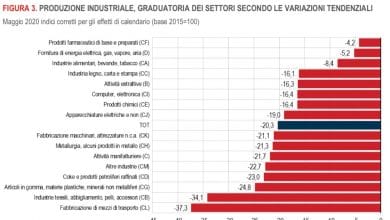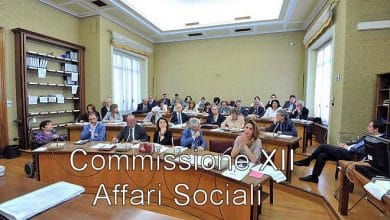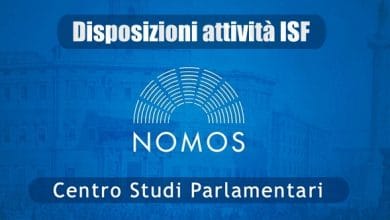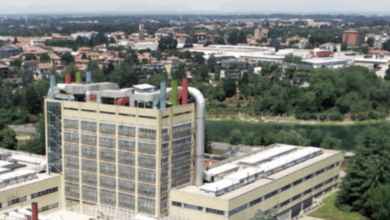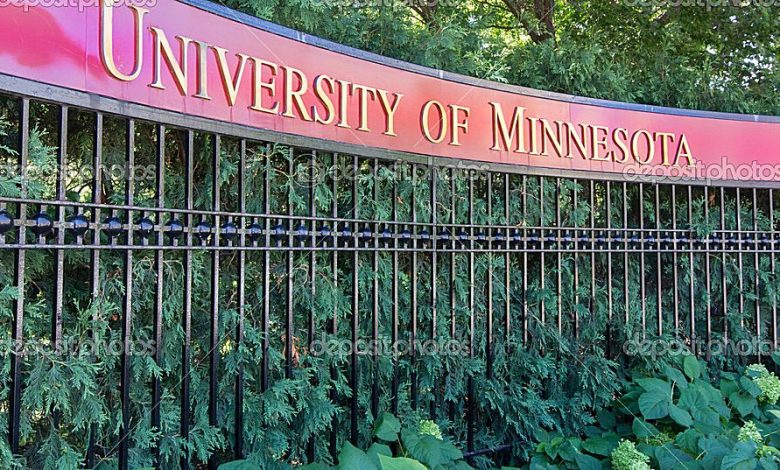
The University of Minnesota accuses the pharmaceutical company Gilead Sciences of not being the first to patent sofosbuvir, which cures hepatitis C. The big multinationals are fighting, while the patient is forgotten
Edition of 7 September 2016 – The Manifesto
 The US pharmaceutical company Gilead Sciences must defend itself against new allegations. In the crosshairs, the fiscal and commercial strategies of the company that holds the patent on sofosbuvir, the formidable drug capable of curing hepatitis C. The disease affects one hundred and fifty million people worldwide. In Italy there are one and a half million sick people, with about ten thousand deaths every year. Drugs based on sofosbuvir have an efficacy of 90%, and the price set by Gilead is very high: in the USA, the price of a treatment exceeds ninety thousand dollars. In Europe, the figures are slightly lower.
The US pharmaceutical company Gilead Sciences must defend itself against new allegations. In the crosshairs, the fiscal and commercial strategies of the company that holds the patent on sofosbuvir, the formidable drug capable of curing hepatitis C. The disease affects one hundred and fifty million people worldwide. In Italy there are one and a half million sick people, with about ten thousand deaths every year. Drugs based on sofosbuvir have an efficacy of 90%, and the price set by Gilead is very high: in the USA, the price of a treatment exceeds ninety thousand dollars. In Europe, the figures are slightly lower.
But Gilead's business plan may soon change. According to a complaint just filed by the University of Minnesota, the sofosbuvir patent is illegitimate: the drug allegedly exploits a mechanism discovered and patented in 2002 by Carston Wagner, a researcher at the University of Minneapolis. If the court agrees with the university, Gilead will have to turn over part of the proceeds from the sale of sofosbuvir-based drugs to it. It has already happened in other cases: the Northwestern University of Chicago, for example, from a similar dispute obtained 1.4 billion dollars in royalties on the sales of the analgesic Lyrica, a product of the pharmaceutical company Pfizer. At Princeton University, however, Eli Lilly had to pay 524 million dollars obtained from the anti-cancer drug Alimta.
The role of public research
These are enormous numbers: for comparison, the Northwestern and Princeton indemnities alone are worth a third of the entire annual public funding of  all Italian universities. Such large figures, however, show how decisive the contribution of public research is in the development of profitable drugs for pharmaceutical companies. The pie the University of Minnesota wants a slice of is even bigger. The drugs against hepatitis C (Sovaldi, Harvoni and Epclusa, all based on sofosbuvir) earned Gilead 19 billion euros in 2015. However, Gilead was not frightened, thanks to a similar lawsuit already won against its rival Merck.
all Italian universities. Such large figures, however, show how decisive the contribution of public research is in the development of profitable drugs for pharmaceutical companies. The pie the University of Minnesota wants a slice of is even bigger. The drugs against hepatitis C (Sovaldi, Harvoni and Epclusa, all based on sofosbuvir) earned Gilead 19 billion euros in 2015. However, Gilead was not frightened, thanks to a similar lawsuit already won against its rival Merck.
The Indian patent office will also have to return to rule on sofosbuvir shortly. He had initially rejected the patent, but then backed down on the decision. The patient associations have presented an appeal which will be evaluated in September. Other countries like China, Ukraine and Egypt have already rejected Gilead's patent but in India the stakes are higher. New Delhi, thanks to rather hostile legislation towards Western patents, has become the "pharmacy" of developing countries, to which it sells most of its life-saving drugs at lower prices on the parallel market, despite the opposition of the US government at the World Trade Organization.
In addition to the patent, however, Gilead is also under investigation for having evaded the US taxman. Much of its business is officially based in and accounted for in Ireland. It is a common practice for many international corporations, such as Apple recently sanctioned by the European Union. The association Americans for Tax Fairness, in a report published in July, calculated that in Ireland Gilead pays a tax equal to only 1% of profits and this has allowed Gilead to save about 10 billion euros in taxes at the US tax office. Thanks to these financial moves, Gilead's tax burden has dropped overall from 27% to 16% over the past three years.
Access & Profits
No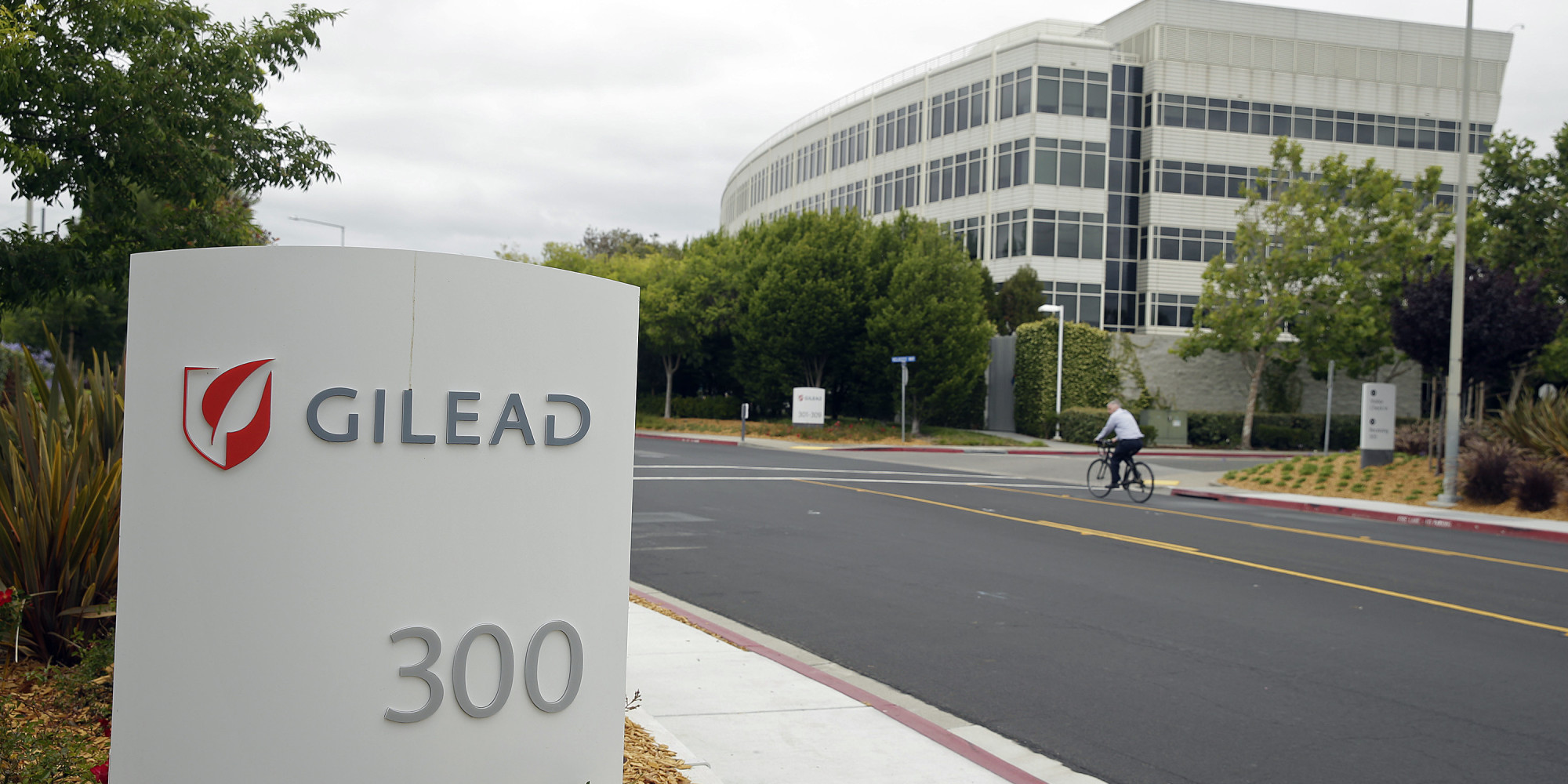 Despite these data, the shareholders of Gilead also complain, which in just a few years has become the sixth largest pharmaceutical company in the world by turnover. Shares lost 23% of their value in 2016 and according to financial analysts the decline will continue. On the one hand, rival GlaxoSmithKline is about to launch a new drug against HIV, the other relevant market for Gilead's profits besides hepatitis C. Second, sofosbuvir's profits appear to have peaked in 2015 and started a downward curve. In fact, due to the too high prices, the number of prescriptions is decreasing. Finally, in Europe, where the market is less controlled by private insurance, governments are negotiating the purchase of the drug at (relatively) reduced prices.
Despite these data, the shareholders of Gilead also complain, which in just a few years has become the sixth largest pharmaceutical company in the world by turnover. Shares lost 23% of their value in 2016 and according to financial analysts the decline will continue. On the one hand, rival GlaxoSmithKline is about to launch a new drug against HIV, the other relevant market for Gilead's profits besides hepatitis C. Second, sofosbuvir's profits appear to have peaked in 2015 and started a downward curve. In fact, due to the too high prices, the number of prescriptions is decreasing. Finally, in Europe, where the market is less controlled by private insurance, governments are negotiating the purchase of the drug at (relatively) reduced prices.
The Italian Medicines Agency (Aifa), for example, has entered into a (secret) agreement that links the price of Gilead treatments to the number of prescriptions. So far, over fifty thousand treatments have been started, selected among patients in a more advanced stage of the disease. In 2015, the national health system spent one billion euros to treat thirty thousand patients, with a unit cost of thirty thousand euros and related protests by M5S parliamentarians.
The Report television broadcast also dealt with the case. Having now reached the threshold of fifty thousand treatments, the price of the drug should drop to fifteen thousand euros: a figure that is still excessive, but still lower than in the rest of Europe.
L In the meantime, the Aifa-Gilead agreement has expired and new negotiations are underway. Considerable pressure weighs on the AIFA director, Luca Pani: guaranteeing access to treatment for the greatest number of patients in times of cuts in health care is an insoluble puzzle. If Gilead deals with many small buyers, it has the upper hand. Therefore, "from an economic point of view it would be much more advantageous to carry out such a procedure at a national or, better yet, European level," says Pani in Sustainable Innovation. The drug and the challenges for the future of our National Health Service (Edra, 2016), given that around a quarter of Gilead's profits come from the EU.
In the meantime, the Aifa-Gilead agreement has expired and new negotiations are underway. Considerable pressure weighs on the AIFA director, Luca Pani: guaranteeing access to treatment for the greatest number of patients in times of cuts in health care is an insoluble puzzle. If Gilead deals with many small buyers, it has the upper hand. Therefore, "from an economic point of view it would be much more advantageous to carry out such a procedure at a national or, better yet, European level," says Pani in Sustainable Innovation. The drug and the challenges for the future of our National Health Service (Edra, 2016), given that around a quarter of Gilead's profits come from the EU.
But the negotiation does not exonerate politics: «the decision-makers have the task of establishing how much they are willing to pay and for what», confirms Pani. The bargaining power of public agencies comes from the ability to reject disadvantageous deals, depriving pharmaceutical companies of a potential market. In other words, to offer medicines to all patients, AIFA must consider not offering them to anyone. The negotiation, however successful, therefore takes place on the skin of the patients. To truly guarantee access to care, different rules are needed.
Note: John C. Martin Ph.D., age 64, CEO of Gilead Sciences Inc. since March 10, 2016, received total compensation of $ 18.755.952
Sofosbuvir was discovered by Pharmasset and then acquired for $11bn of $ for development by Gilead Sciences. Sofosbuvir is a pan-genotypic inhibitor of the HCV NS5B RNA-dependent RNA polymerase, which is essential for viral replication. Sofosbuvir is a nucleotide prodrug that undergoes intracellular metabolism, giving rise to the pharmacologically active uridine triphosphate analogue (GS-461203), which can be incorporated into HCV RNA by NS5B polymerase and serve as a chain terminator.
Related news: AIFA registers: the Agency provides information on treatment data with new drugs for the treatment of hepatitis C
“Non-profit research must be protected, but the problem is costs”

